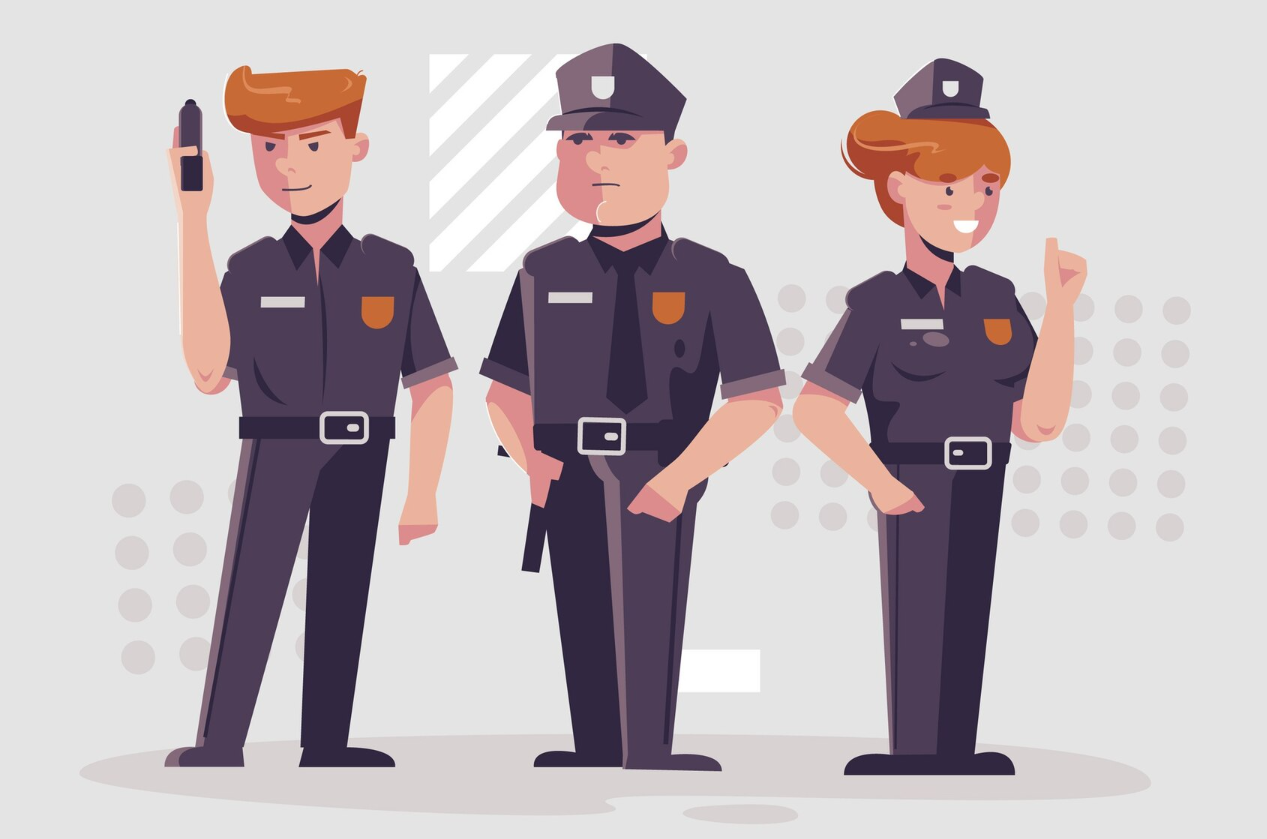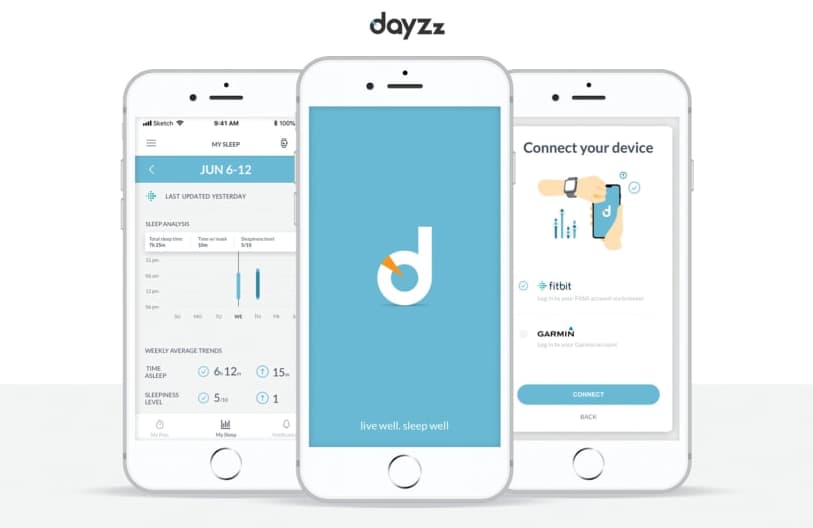The certificate ceremony officers class lynnfield police academy represents a momentous milestone in the journey of law enforcement professionals.
This significant event marks the culmination of months of rigorous training, personal growth, and unwavering dedication. As families gather and communities unite, these ceremonies stand as powerful symbols of commitment to public service and safety.
For every officer who walks across that stage, the ceremony represents not just the end of their training, but the beginning of a noble career dedicated to protecting and serving their communities.
The atmosphere is charged with pride, anticipation, and a deep sense of responsibility as these men and women prepare to take their place among the ranks of law enforcement professionals.
The significance of this ceremony extends far beyond the walls of the academy. It represents a crucial transition point where trained individuals become sworn officers, ready to uphold the law and protect their communities.
This transformation carries with it not only the weight of authority but also the trust and expectations of the communities they will serve.
Certificate Ceremony Officers Class Lynnfield Police Academy

Within the historic walls of the Lynnfield Police Academy, each ceremony adds another chapter to a long-standing tradition of excellence in law enforcement training.
These ceremonies serve as powerful reminders of the ongoing commitment to public safety and the continuous evolution of modern policing.
The Lynnfield Police Academy: A Place of Excellence
The Lynnfield Police Academy stands as a beacon of excellence in law enforcement training, setting the standard for police education and professional development.
Its reputation has been built on decades of producing highly qualified, well-rounded officers who serve with distinction across the region.
Historical Development: The academy’s journey to excellence began several decades ago:
- Founding Years: Established with a vision of creating exemplary law enforcement officers
- Evolution Period: Continuous adaptation to changing law enforcement needs
- Modern Era: Integration of cutting-edge training methods and technology
- Current Status: Recognition as a premier law enforcement training facility
Training Philosophy and Approach: The academy’s training philosophy rests on several key pillars:
| Pillar | Core Focus | Implementation |
| Professional Excellence | Technical proficiency and skill mastery | Hands-on training and practical exercises |
| Ethical Leadership | Moral decision-making and integrity | Case studies and scenario-based learning |
| Community Service | Public engagement and relationship building | Community interaction programs |
| Personal Growth | Physical and mental development | Fitness training and psychological preparation |
Comprehensive Training Programs: The academy’s curriculum is carefully designed to create well-rounded officers:
Physical Training:
- Daily fitness routines tailored to law enforcement needs
- Defensive tactics and officer safety techniques
- Firearms training and qualification courses
- Emergency response and pursuit driving
Academic Education:
- Constitutional law and criminal procedures
- Modern policing theories and practices
- Criminal investigation techniques
- Psychology and Behavioral Science
Practical Skills Development:
- Crisis intervention and de-escalation
- Report writing and documentation
- Evidence collection and preservation
- Interview and interrogation techniques
State-of-the-Art Facilities: The academy boasts modern facilities designed for comprehensive training:
- Multiple indoor and outdoor shooting ranges
- High-fidelity simulation rooms
- Physical training complex with specialized equipment
- Modern classrooms with advanced technology
- Mock crime scene house
- Emergency vehicle operations course
The Importance of the Certificate Ceremony
The certificate ceremony represents more than just a formal conclusion to training – it’s a transformative event that marks the official entry into the law enforcement profession. This ceremony carries profound significance for all involved parties and embodies the values and traditions of law enforcement.
Ceremonial Significance: The ceremony incorporates various meaningful elements:
Traditional Components:
- Formal procession of graduates
- Presentation of badges and certificates
- Oath of office administration
- Recognition of academic achievements
- Special awards presentations
Symbolic Elements:
- Passing of the torch from experienced officers
- Family badge pinning tradition
- Department flag presentations
- Honor guard ceremonies
- Final class formation
Professional Transition: The ceremony marks several important transitions:
Personal Development:
- From civilian to law enforcement officer
- From student to professional
- From individual to team member
- From trainee to protector
Professional Recognition:
- Official certification of training completion
- Authorization to enforce laws
- Assignment of police powers
- Department integration
A Day of Pride and Accomplishment
The certificate ceremony day unfolds as a carefully orchestrated celebration of achievement, combining formal traditions with personal touches that make each ceremony unique and memorable.
Pre-Ceremony Preparations: The day begins with extensive preparation:
Morning Activities:
- Uniform inspections and adjustments
- Formation practice and lineup
- Photography sessions
- Family arrival coordination
- Venue preparation and setup
Documentation Requirements:
- Certificate verification
- Badge number assignments
- Department paperwork completion
- Official photograph documentation
Ceremony Program Structure:
| Time | Event | Details | Participants |
| 8:00 AM | Staff Arrival | Setup and final checks | Academy staff |
| 9:00 AM | Graduate Assembly | Final briefing and preparation | Graduates |
| 9:30 AM | Family Seating | Guest arrival and seating | Families and guests |
| 10:00 AM | Formal Procession | Entry of graduates | All attendees |
| 10:30 AM | Opening Ceremonies | Welcome and introductions | Academy leaders |
| 11:00 AM | Keynote Address | Distinguished speaker | Guest speaker |
| 11:30 AM | Award Presentations | Recognition of achievements | Award recipients |
| 12:00 PM | Certificate Distribution | Individual recognition | All graduates |
| 12:30 PM | Oath of Office | Swearing-in ceremony | All graduates |
| 1:00 PM | Closing Ceremonies | Final remarks | Academy leaders |
| 1:30 PM | Reception | Celebration and refreshments | All attendees |
Special Recognition Elements: The ceremony includes various forms of recognition:
Academic Achievement Awards:
- Valedictorian recognition
- Top academic performance
- Outstanding leadership
- Physical fitness excellence
Special Category Awards:
- Marksmanship excellence
- Emergency vehicle operations
- Community service recognition
- Instructor’s choice award
The Role of Family and Community Support
The success of law enforcement officers heavily depends on the strength of their support system, beginning with their families and extending to the broader community. The academy actively recognizes and nurtures these support networks throughout the training process.
Family Support Framework: The academy provides various support mechanisms for families:
During Training:
- Regular family orientation sessions
- Progress updates and communications
- Support group meetings
- Stress management resources
Post-Graduation:
- Family adjustment guidance
- Work-life balance resources
- Department family programs
- Ongoing support networks
Community Engagement: The academy maintains strong community connections:
Partnership Programs:
- Community advisory boards
- Citizen police academies
- Youth outreach initiatives
- Business partnership programs
Support Services:
- Mentorship opportunities
- Volunteer programs
- Community feedback channels
- Cultural liaison programs
Looking Ahead: The Future of the Graduates
As graduates transition from the academy to active duty, they face both challenges and opportunities. The academy prepares them for various career paths while emphasizing the importance of continuous learning and professional growth.
Career Development Options: Graduates can pursue various specializations:
Patrol Operations:
- Community policing
- Traffic enforcement
- Emergency response
- Crime prevention
Investigation Units:
- Detective Bureau
- Special victims unit
- Narcotics division
- Financial crimes
Specialized Teams:
- SWAT operations
- K-9 unit
- Bomb squad
- Marine patrol
Professional Growth Opportunities: The academy emphasizes continuous development:
Educational Advancement:
- Advanced certifications
- College degree programs
- Specialized training courses
- Leadership development
Skill Enhancement:
- Technical training
- Language proficiency
- Crisis management
- Public speaking
Department Integration: Graduates undergo structured integration into their departments:
Field Training:
- Supervised patrol experience
- Department policy familiarization
- Community orientation
- Equipment qualification
Professional Development:
- Mentorship programs
- Performance evaluations
- Career counseling
- Advanced training opportunities
Frequently Asked Questions
- Q: What specific requirements must be met before participating in the certificate ceremony?
A: Candidates must complete all required training modules, pass physical fitness tests, maintain academic standards, and clear all background checks and evaluations.
- Q: How long is the complete training program at Lynnfield Police Academy?
A: The standard program runs for 26 weeks, though specialized training may extend this period. This includes classroom instruction, physical training, and practical exercises.
- Q: What makes the Lynnfield Police Academy certificate ceremony unique?
A: The ceremony combines traditional elements with modern practices, emphasizing both individual achievement and community connection. It includes unique features like family badge pinning and community participation.
- Q: How many guests can each graduate invite to the ceremony?
A: Each graduate typically receives 4-6 tickets for family members and close friends, though this number may vary based on venue capacity and class size.
- Q: What happens after the certificate ceremony?
A: Graduates begin their field training period, typically lasting 12-16 weeks, where they work alongside experienced officers while applying their academy training.
- Q: Are there opportunities for advancement after graduation?
A: Yes, graduates can pursue various career paths including specialized units, detective work, and leadership positions through additional training and experience.
- Q: What ongoing support does the academy provide after graduation?
A: The academy maintains connections through alumni networks, continuing education programs, and professional development opportunities.
- Q: How does the academy prepare officers for modern policing challenges?
A: Training includes contemporary issues such as community relations, cultural awareness, crisis intervention, and modern law enforcement technologies.
- Q: What role do families play in the ceremony?
A: Families participate in badge pinning, take part in photo sessions, and are recognized for their support during the training period.
- Q: How does the academy maintain relationships with graduated officers?
A: Through alumni programs, continuing education opportunities, mentorship roles, and professional development workshops.
Also Check:
Conclusion:
The certificate ceremony at Lynnfield Police Academy represents more than just the completion of training – it symbolizes the beginning of a noble career dedicated to public service and community protection.
As these new officers step forward to accept their badges and certificates, they carry with them not only the knowledge and skills gained during their training but also the values and principles that will guide them throughout their careers.
The ceremony serves as a powerful reminder of the ongoing commitment to excellence that defines the law enforcement profession.
It celebrates not only individual achievement but also the collective dedication to public safety and community service that characterizes modern policing.
For the graduates, their families, and the communities they will serve, this ceremony marks the beginning of a new chapter in their lives.
As they move forward in their careers, they carry with them the pride, tradition, and responsibility that comes with wearing the badge, ready to face the challenges and opportunities that lie ahead in their chosen profession.



